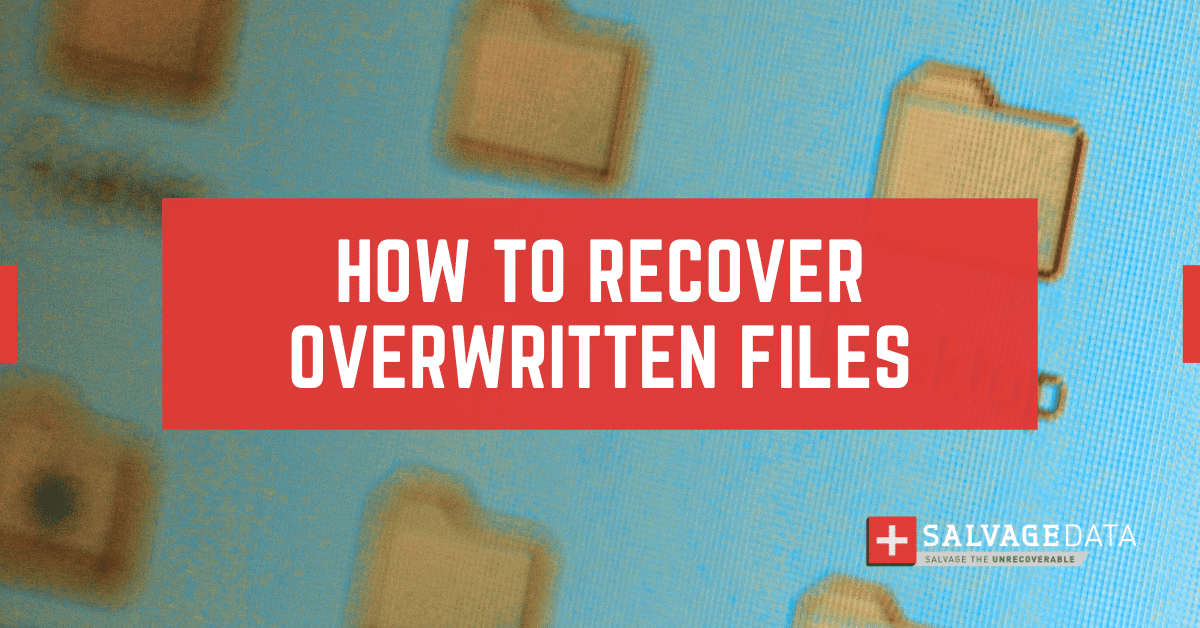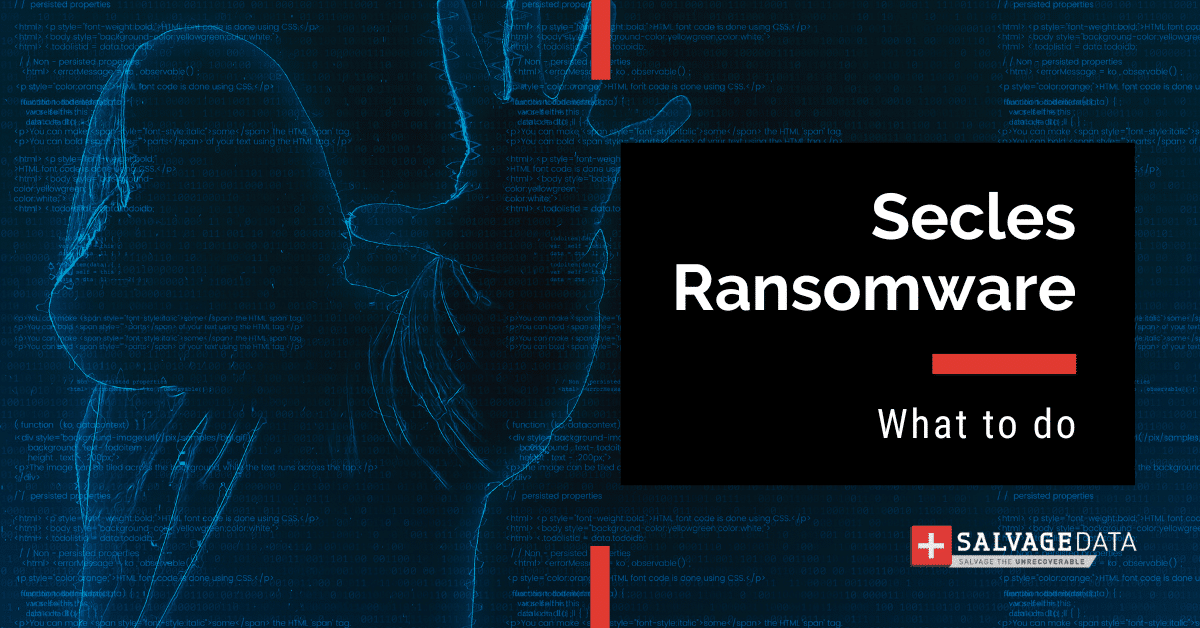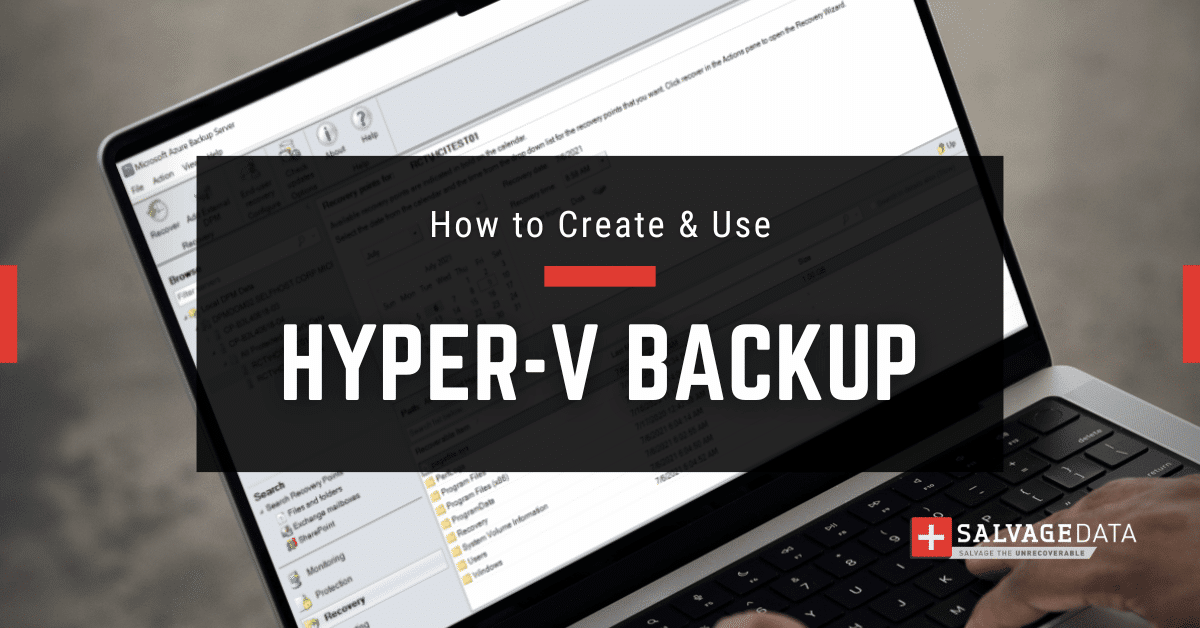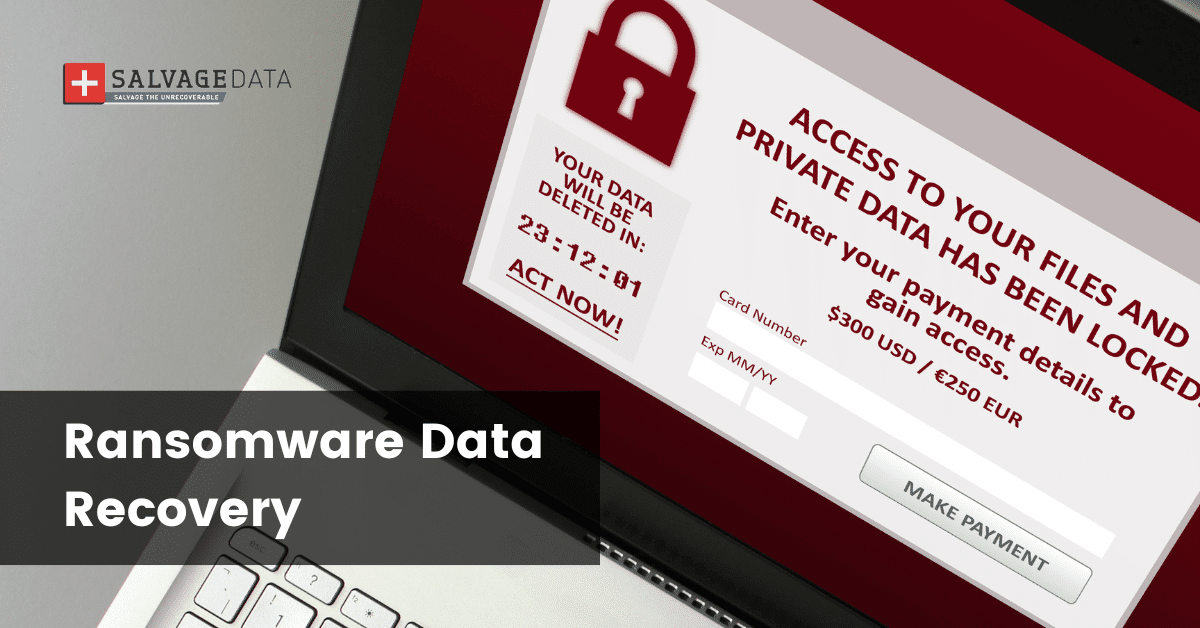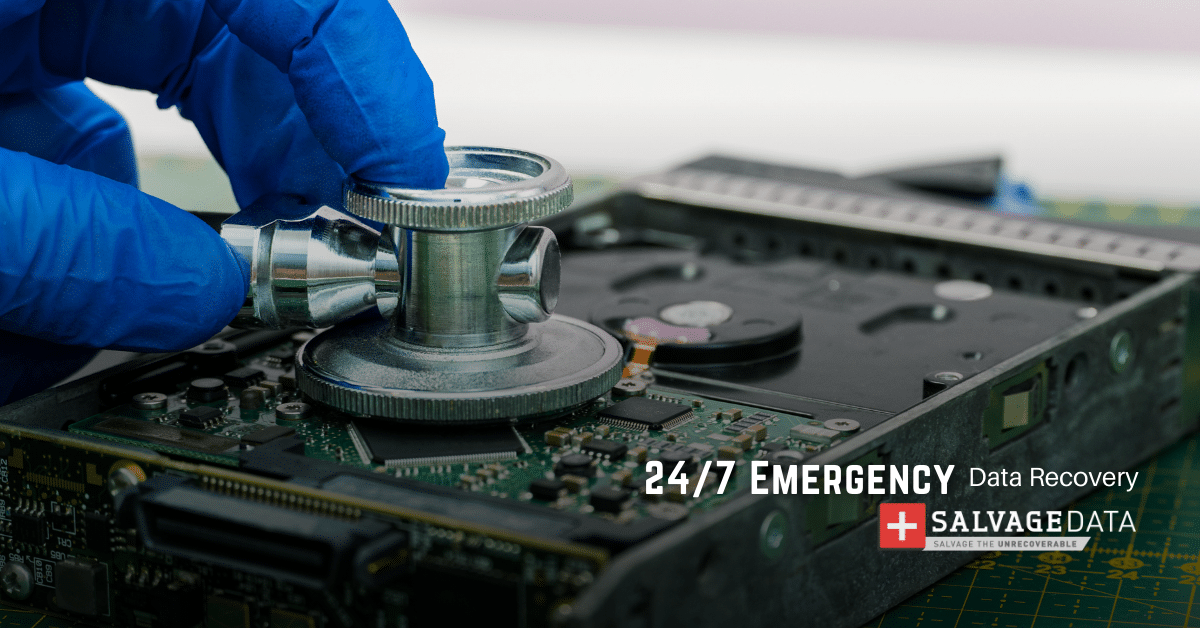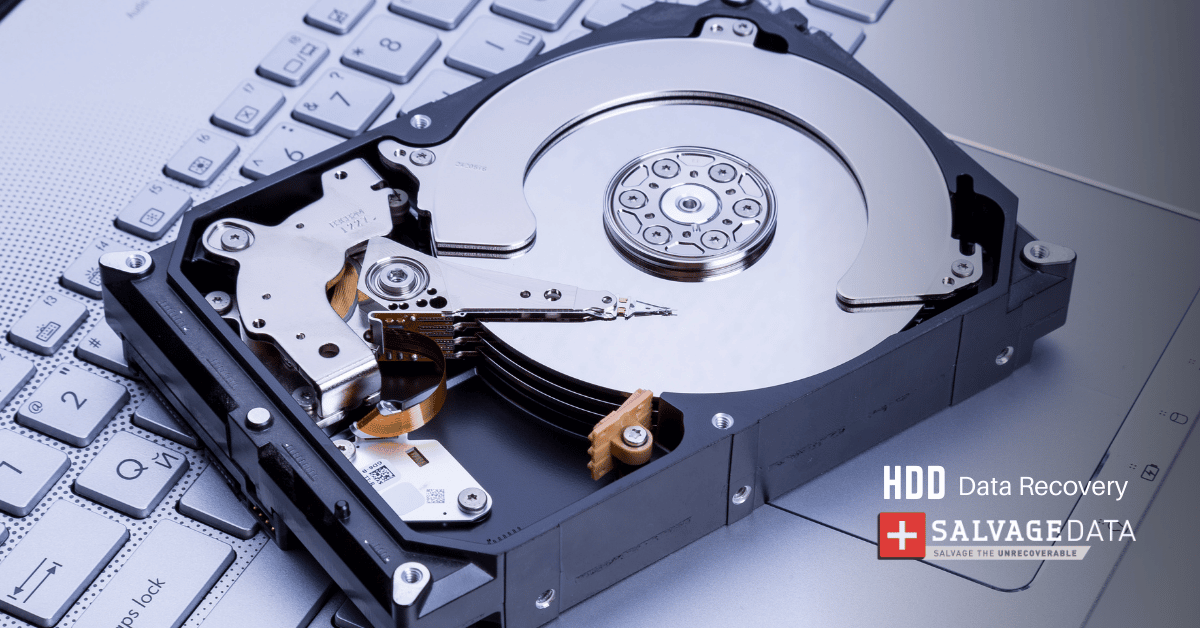Recent Articles
How To Recover Overwritten Files
The Snowflake Data Breach: A Comprehensive Overview
Mac Not Recognizing External Hard Drive: Quick Fix Solutions
How Multi-Cloud Backup Solutions Can Prevent Data Disasters
Capibara Ransomware: What is it & How to Remove
What Should a Company Do After a Data Breach: The Ticketmaster Incident
Secles Ransomware: Removal Guide
What To Do When Your Chromebook Freezes
How to Create Hyper-V Backup
What Is The Best Data Recovery Software For PC

I think there's an issue with my storage device, but I'm not sure Start a free evaluation →
I need help getting my data back right now Call now (800) 972-3282
What is Coin Locker?
Coin Locker is a ransomware that encrypts your files and demands a ransom to decrypt them. It is important to note that Coin Locker is a type of malware, which is software that is designed to damage or disable computers. Someone usually spreads Coin Locker through email attachments or malicious websites. Coin Locker primarily targets Windows systems, although it has also been known to affect Mac and Linux systems.
Once Coin Locker has been installed on a system, it will scan the hard drive for certain file types. Once it has found these files, it will encrypt them using a strong encryption algorithm. The encrypted files will then have a new extension added to them, typically “.locked” or “.coinlocker”. Coin Locker will also create a text file that contains instructions on how to pay the ransom and decrypt the files.
What types of files does Coin Locker target?
Coin Locker primarily targets personal files, such as photos, videos, documents, and spreadsheets. It has also been known to target certain types of business files, such as databases and financial documents.
How much is the ransom?
The amount of the ransom varies depending on the version of the Coin Locker that is used. However, the typical ransom is 1 Bitcoin.
Protection
There are several things you can do to protect yourself from Coin Locker ransomware and other types of malware:
– Use a reputable antivirus program and keep it up to date.
– Be careful when opening email attachments, even if they appear to be from a trusted source. If you are unsure about an attachment, you can scan it with an antivirus program before opening it.
– When visiting websites, be sure to type the address into your browser directly instead of clicking on a link. This will help ensure that you are not redirected to a malicious website.
– Avoid downloading programs from untrustworthy websites. Stick to well-known and reputable sites.
– Keep your operating system and other software up to date. Software updates often include security patches that can help protect your system from malware.
If Coin Locker ransomware has been installed on your system, it is important to remove it as soon as possible. Several methods can be used to remove Coin Locker from an infected system. These include using a reputable anti-malware program or manually removing the Coin Locker files from your system. But we do not recommend the manual removal process unless you are an experienced computer user.
Is there a public decryption tool?
At this time, there is no public decryption tool available for Coin Locker ransomware. This means that if Coin Locker has encrypted your files, you will not be able to decrypt them without the encryption key. The only way to obtain the encryption key is to contact the Coin Locker developers and pay the ransom. However, we do not recommend doing this as there is no guarantee that you will receive the key, even if you pay the ransom. Additionally, by paying the ransom, you will be supporting the Coin Locker developers and encouraging them to continue their malicious activities.
If it has infected your system with Coin Locker ransomware, the best course of action is to remove the malware from your system and restore your files from a backup. This will ensure that you do not inadvertently support the Coin Locker developers and that you can get your files back without having to pay a ransom.
Contact a data recovery specialist
If Coin Locker ransomware has encrypted your files, you may be able to recover them using a data recovery specialist. Data recovery specialists use a variety of methods to recover data from encrypted files. These include using specialized software or hardware to access the encrypted files. If you are considering using a data recovery specialist, be sure to research the company thoroughly to ensure that they are reputable and that they have a success rate.
SalvageData is a data recovery company that specializes in recovering data from encrypted files. SalvageData has a success rate of 96% for Coin Locker ransomware recoveries.
To learn more about SalvageData, please visit the website.

